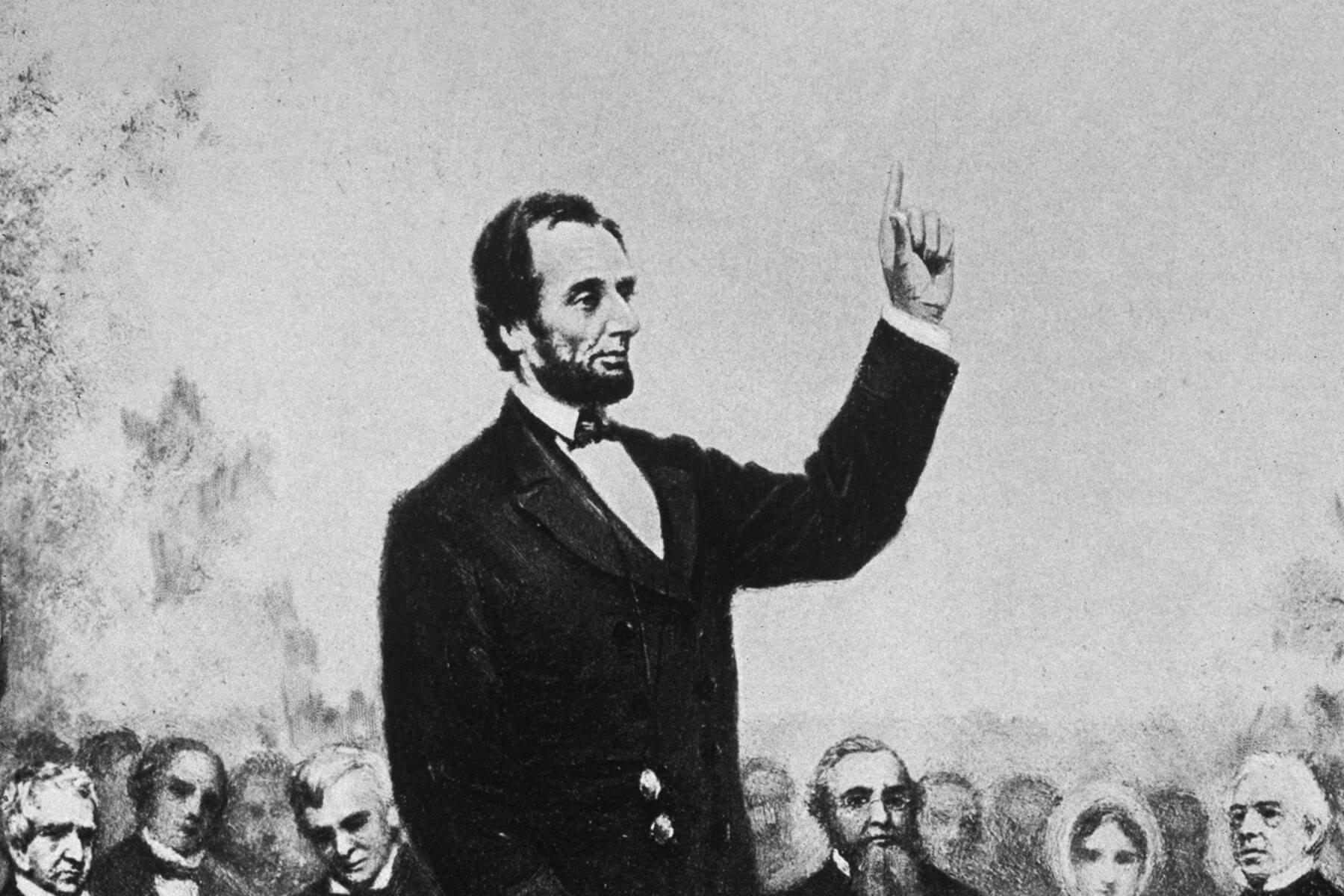| I n the late 15th century, England got hit with an epidemic straight out of a horror movie: a so-called "sweating sickness," which appeared suddenly in August 1485, after Henry VII returned to England and claimed the throne following the decisive battle of the Wars of the Roses. Some historians suspect the sickness was brought by mercenaries hired to win the war for the Tudors. Illness came on abruptly and aggressively, usually killing its victims in less than a day and sometimes in as little as two hours. The disease, characterized by aches and fever, worked so quickly that people who survived more than 24 hours typically made a full recovery. |
|
| The first wave of sweating sickness, also called the "English sweat" (sudor anglicus in Latin), caused 15,000 deaths in just six weeks. The disease struck England a total of five times over the course of 70 years, always appearing in the late summer or early fall and, puzzlingly, always hitting wealthy people harder. After the fifth outbreak, it disappeared — possibly after mutating into a milder, less-lethal version — leaving one of the world's greatest medical mysteries behind. |
| The Black Death, a devastating plague that swept through Europe in the 14th century, was far more deadly than the sweating sickness, but we know conclusively what caused it. Scientists are still searching for an explanation for the sweating sickness more than half a millennium later. One of the prevailing theories was that it was a particularly nasty strain of hantavirus, a respiratory disease spread by rodents; one hantavirus outbreak in 1993 very closely resembled sweating sickness. It could also have been insect-borne like dengue fever, especially given the time of year it typically appeared. Some have even suggested anthrax. But we may never know for sure. |














No comments:
Post a Comment